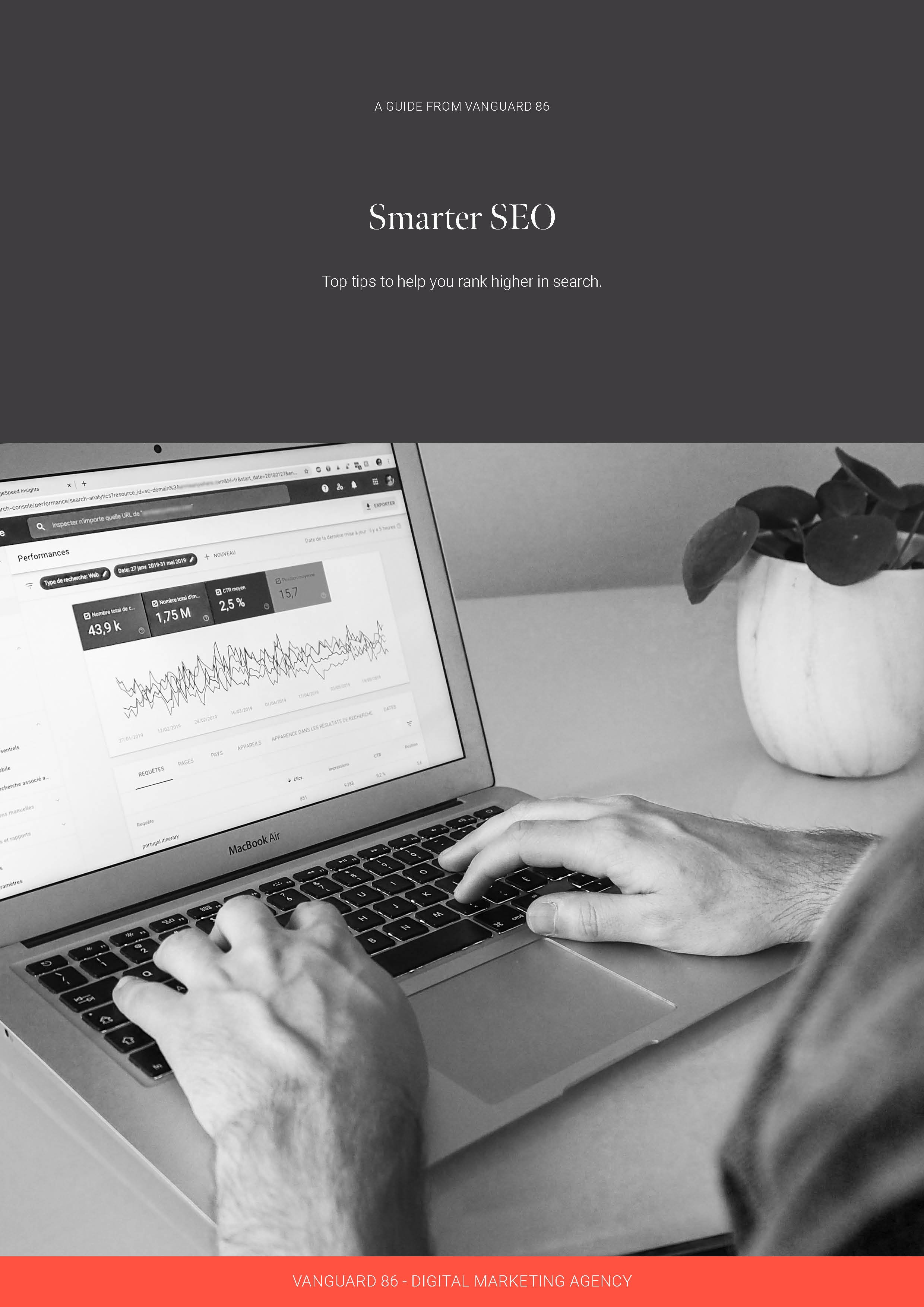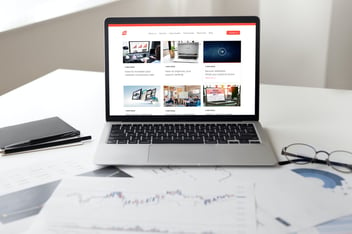What's the difference? Testimonial vs review

You've probably been asked to give your feedback on your experience with a business in the form of a testimonial in the past. But you may also be asked to post a review on a third party website like Trip Advisor or Google. But while reviews and testimonials are quite similar, is there actually a difference? And is one better than the other for getting new customers?
Let's define a testimonial and a review:
1) Testimonials are gathered, owned and managed by the business that provided the service/product.
2) Reviews are collected and managed by a third party, without the business being involved in the process.
The way they are gathered and subsequently used in marketing actually gives one greater credibility than the other. But before we go into which one your customers are more likely to value, let's take a slightly deeper dive into the challenges and opportunities of both.
Recommended article: How to get more online reviews >>>
Testimonials
Testimonials are usually collected from people that have a good existing relationship with the business, and will say something positive. A business will often cherry pick great customers or raving fans for testimonials, because they know they'll get a good response. If they receive a bad testimonial, the business will often filter that from their marketing. Have you ever seen a negative testimonial on a business's website?
Few companies successfully manage to get a testimonial from a person that wasn't happy with the service they received, and if they do they can simply not show it.
Testimonials usually showcase the best of a company, from people who are really happy and willing to go on the record sharing their great experience.
Reviews
Have you ever gone to book a hotel on holiday, and looked on Trip Advisor or Trivago to see whether the weight of feedback is positive or negative? Even Google reviews and Facebook reviews offer the ability to review a company within their platforms.
Reviews are an open platform for anyone to express their experiences, good or bad. The business being reviewed often has no ability to filter or delete bad reviews, all they can do is respond to the review and offer to set things right if a customer is unhappy.
Reviews are often hosted on independent platforms, where the brand can only respond to comments, but not decide which make the grade. The reviews are often compiled to give you an overall score for the business, so consumers can better understand the average performance of the company.
Recommended article: Where and how should I be using customer feedback? >>>

So which is better for the business, and which is better for the customer?
If you're a business it can be scary opening yourself up to reviews. You never know what people are going to say and you can't stop a bad review from going online for future customers to see.
This is why customers like them so much. They give an honest 'warts and all' look at the business and its service. Many customers will check out the reviews before buying to see if they're going to get a good experience or not.
If you're a business getting testimonials; these are still good for potential customers to see. But also be aware that customers will seek independent information about you before doing business with you.
80% of customers research a product or service before speaking to a sales person, and this includes reading reviews. If you're a customer, it's important to take both with a pinch of salt.
You don't know whether someone giving a 5 star review has the same standards as you. Likewise the 1 star review may be someone that's impossible to please. When looking at a testimonial remember that the words will be true, but you don't know how long ago the feedback was given and it's likely to be a cherry-picked response.
The trick is to look across both reviews and testimonials, and look at the overall weight of comments - are they positive or negative? Do the negative comments all focus on the same topic, like service? Were a bunch of bad comments uploaded on the same day about the same incident? Could this be one disgruntled group, or maybe the business was experiencing unforeseen issues the reviewer wasn't aware of?
Both are an incredibly important tool in marketing to new clients, and getting either should form part of your sales or customer management process. In the inbound methodology we often talk about 'delight' being the last phase of selling. When people are in this phase, they're primed for a review or feedback.
Recommended article: What questions should I include in my customer feedback survey? >>>
Should you open yourself up for criticism?
Feeling nervous about opening yourself up to reviews does show a slight lack of faith in the quality of service you're offering. Besides, people will leave reviews whether you're ready or not.
One of the key differences is how you deal with reviews.
If someone leaves a bad review you should respond to it and offer to put things right. This shows other people that even though mistakes happen, you're always looking to put things right and be helpful to your customers. If you don't respond, it can look like you don't care what people think - and that can be a massive turn off for future customers.
Another strategy is to drown out each negative review with plenty of positive ones. A review gathering platform can help make this an easy task by automating the process of asking for reviews, and offering customers different outlets to leave them on (for example Google, or Facebook) ensuring that no matter where customers are researching you, you have all bases covered.
There is a review gathering platform coming soon which is already in advanced customer trials, and is proven to increase online reviews as well as provide valuable business insight into customer satisfaction. The platform is currently still in testing but early access can be requested here, with updates on features, launch dates and case studies to be shared via email over the coming weeks.
To register your interest simply visit the registration page by clicking the link below.
Download your free guide to Smarter SEO
Good SEO can mean the difference between your business being found, or you being lost in the growing mass of online resources. This guide is designed to help you rise above your competition.
Download now





